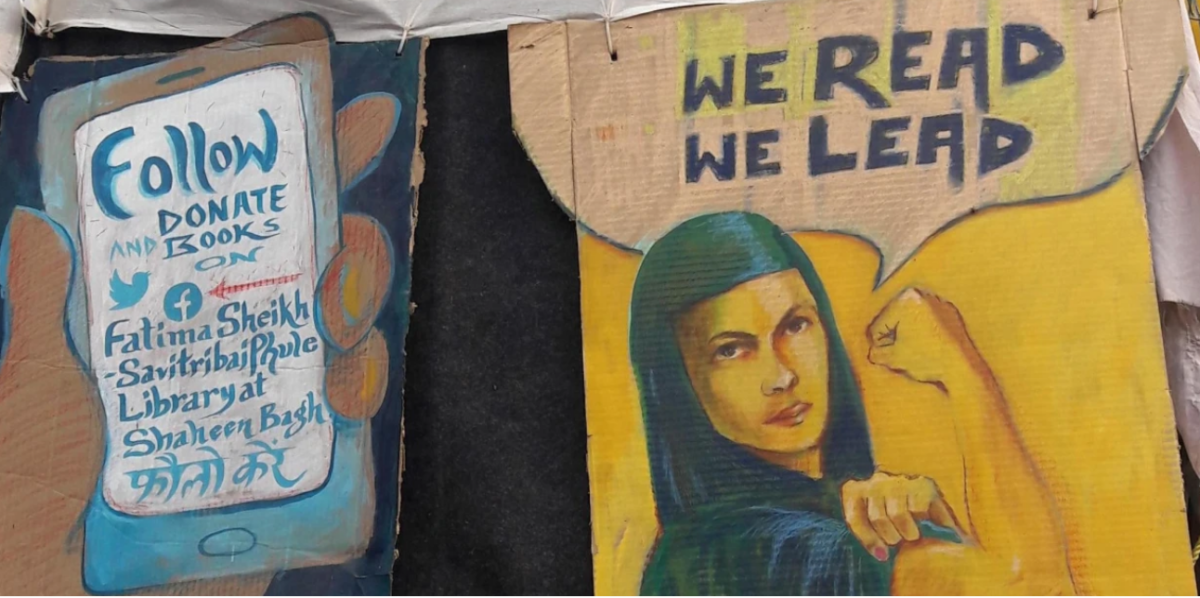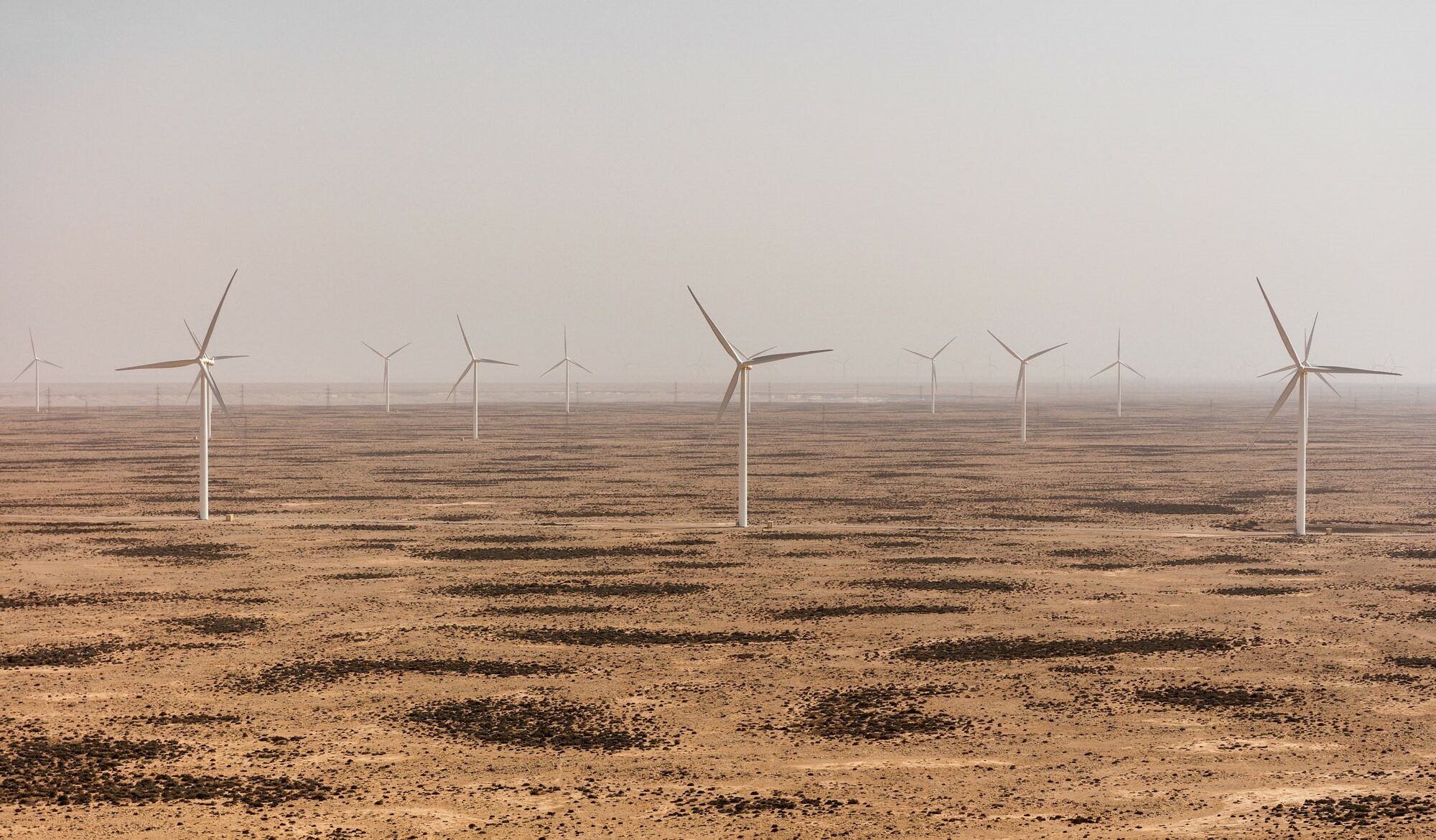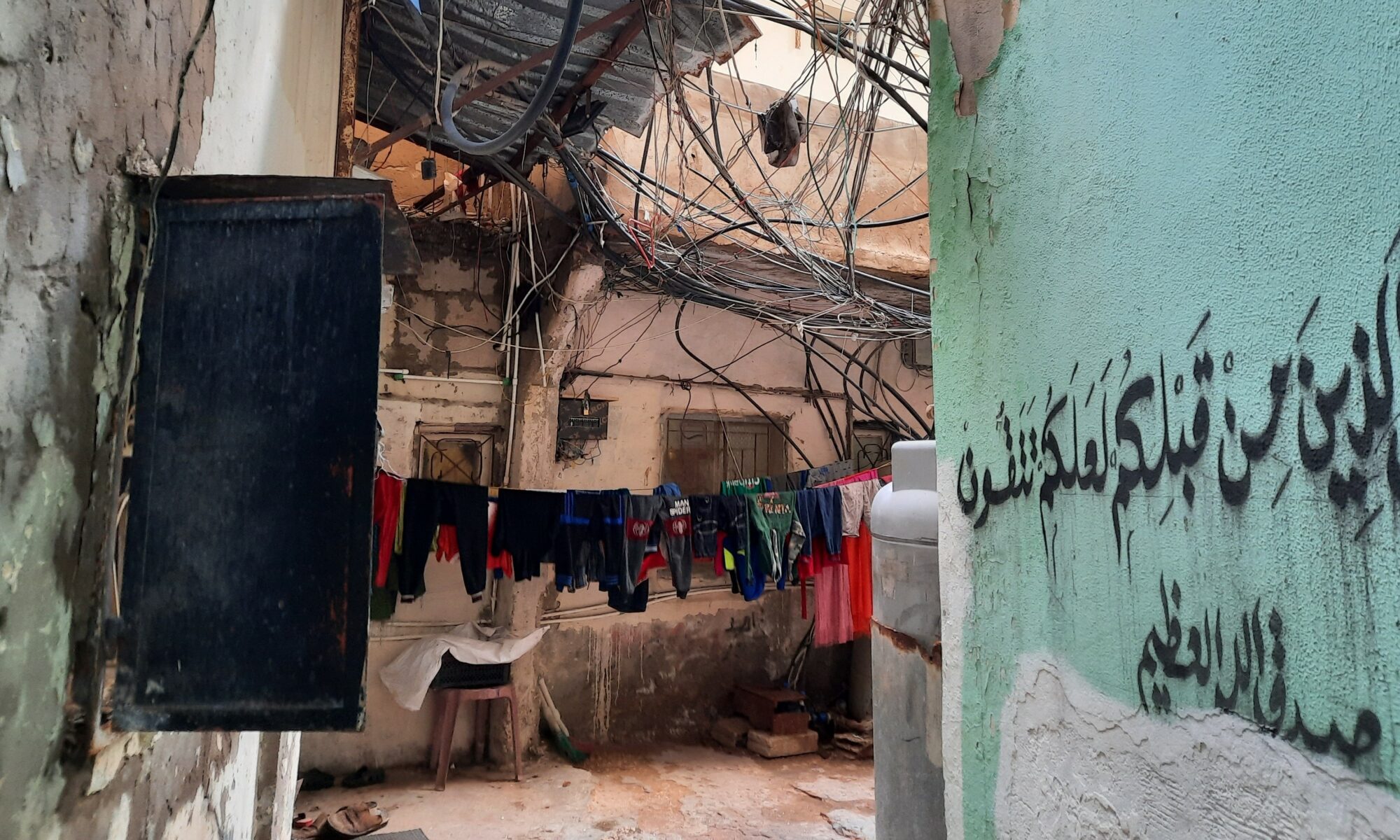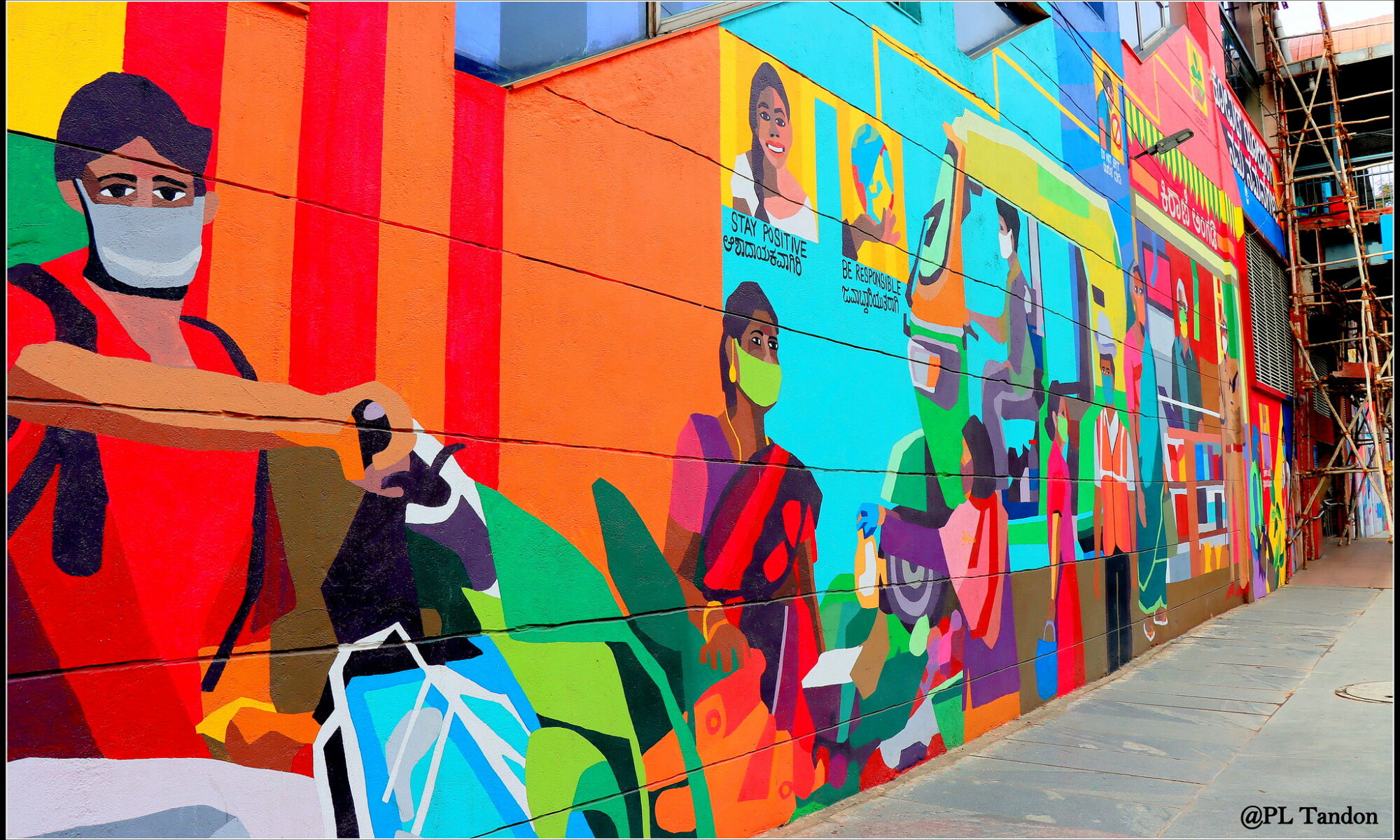By Kalpana Wilson, Giti Chandra and Lata Narayanaswamy
We live in a time where deeply embedded, historically entangled perceptions persist of a bifurcated world, made up of a civilised ‘developed’ or ‘rich’ world as set against a largely corrupt, ungovernable ‘developing’ or ‘poor’ world. The perniciousness of these ‘development’ imaginaries came into sharp relief in October 2022 when Josep Borrell, the High Representative of the European Union for Foreign Affairs and Security Policy, in a keynote speech to the European Diplomatic Academy, described Europe as a ‘garden’ where ‘everything works’ and the rest of the world as a ‘jungle’, a metaphor that he extended to further suggest that the ‘jungle’, without political engagement, ‘could invade the garden’.
Continue reading “Contested development imaginaries: Hindutva and the co-optation of ‘decolonisation’”




